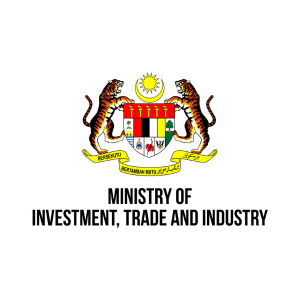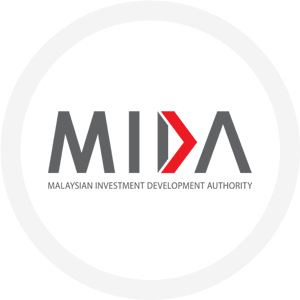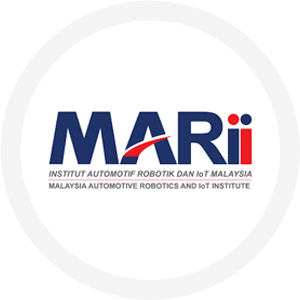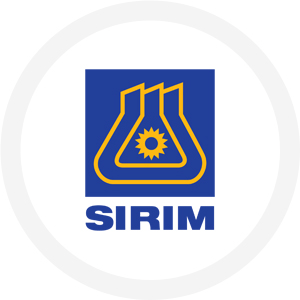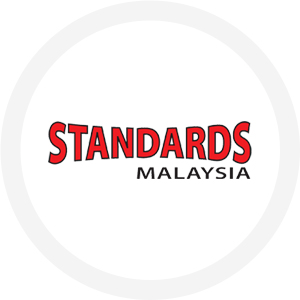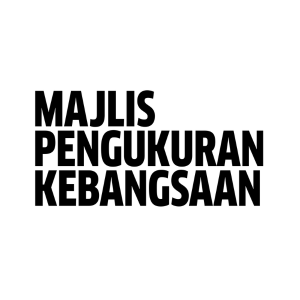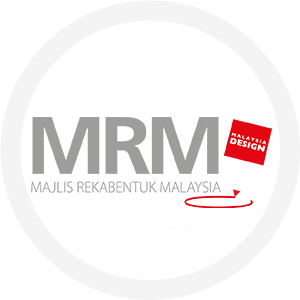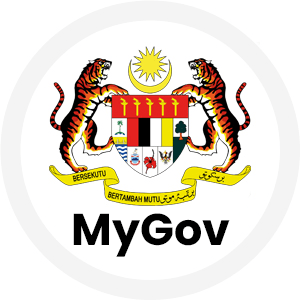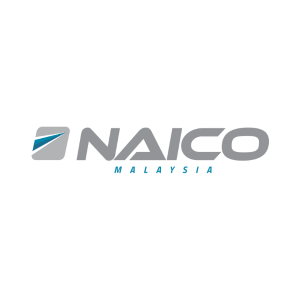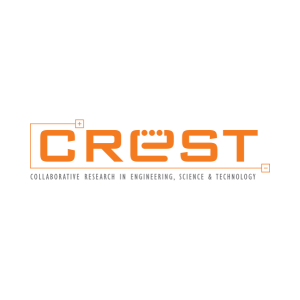Malaysia’s Pharmaceutical Sector Delivers Tangible Gains For Economy, Jobs, And Healthcare Security
30 June 2025, Kuala Lumpur – Malaysia’s climb to 23rd place in the 2025 IMD World Competitiveness Ranking its highest position in over a decade is not just a statistical achievement. It signals the real-world impact of bold, productivity-driven reforms. At the forefront of this transformation is the pharmaceutical industry, which is fast becoming a key engine for high-value investment, skilled employment, and regional healthcare resilience.
Under the Malaysia Productivity Corporation (MPC), the Pharmaceutical Productivity Nexus (PPN) has driven structural changes that translate directly into economic value. These include streamlining product registration processes, aligning technical requirements across agencies, and reducing regulatory bottlenecks. As a result, two new pharmaceutical facilities have successfully moved to development, unlocking millions in investment and new job opportunities. Two additional facilities are progressing more rapidly, thanks to reduced duplication and stronger agency coordination. Approval timelines have been shortened, giving Malaysian firms a competitive edge in time-to-market.
“Malaysia is no longer just competing but leading. The pharmaceutical sector’s gains reflect what’s possible when productivity reforms are targeted, data-driven, and collaborative,” said Mr. Ch’ng Kien Peng, PPN Champion and President of the Malaysian Organisation of Pharmaceutical Industries (MOPI).
“These wins go beyond industry metrics they mean better access to affordable medicines, more quality jobs for Malaysians, and increased resilience in our healthcare supply chain.”
MPC Director General Datuk Zahid Ismail emphasized that the sector’s transformation offers a blueprint for national economic renewal.
“Every bottleneck removed is an opportunity unlocked whether it’s faster factory approvals, increased export readiness, or local production of critical medicines. This is productivity with purpose, and its effects are measurable.”
The pharmaceutical sector’s impact aligns with Malaysia’s national development goals under the 12th Malaysia Plan (RMK-12), New Industrial Master Plan 2030 (NIMP 2030), and the National Energy Transition Roadmap (NETR). Beyond economic gains, reforms have contributed to enhanced healthcare security through localized production of essential drugs; environmental progress, with sustainability practices integrated into new facility designs; and workforce upskilling, especially in regulatory science, automation, and ESG compliance.
To sustain and scale these results, the industry is urged to continue investing in automation, digitalization, and skills development, while the government is called to accelerate mutual recognition agreements (MRAs), innovation incentives, and seamless inter-agency frameworks.
Malaysia’s pharmaceutical journey is a model of what smart policy and strategic collaboration can achieved a sector that doesn’t just grow, but delivers real, measurable benefits to the rakyat.
End of Release.
For media inquiry:
Media Management Unit
media@mpc.gov.my







